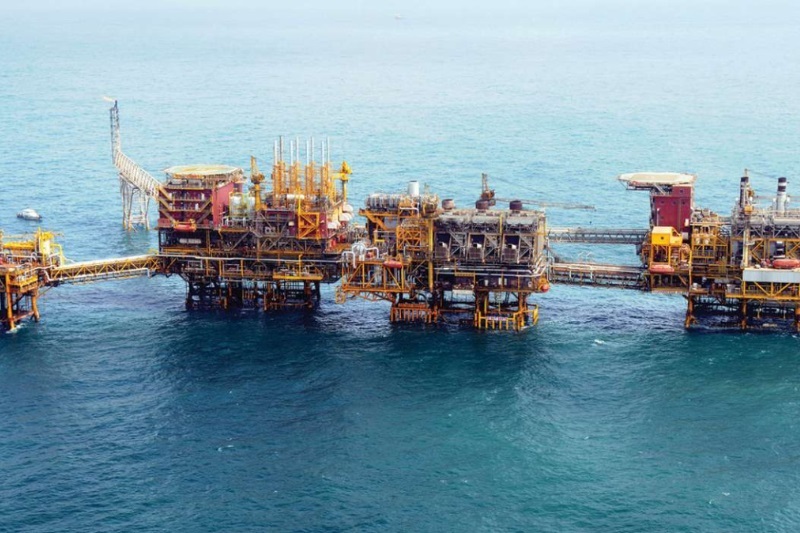- Sponsored -
Government and oil companies get richer as oil prices go higher

India has always been a land of ‘haves and have nots’! India’s current BJP government has taken this phrase to a whole new level. By the dint of ever increasing fuel prices levied by the Modi-led BJP government, the citizens of the country is fast falling in the category of ‘have nots’. This action is befitting only the government and oil companies of the country.
- Sponsored -
Currently, it is witnessed that the price hike in fuel have crossed Rs 90 to a litre in few cities. It is established that the fuel prices are going up because going up because the rupee has depreciated sharply against the US dollar, while there has been a steady increase in the crude oil prices of the past years. To top it up, the government has raised taxes repeatedly.
The key factor for the constant hike in fuel price is, because India doesn’t import the finished products petrol and diesel but, it imports crude oil. Thus, the price hike is basically based on the import parity price. That means, one has to pay the import price and the price difference that the government would have otherwise paid, if it would have imported petrol and diesel and not just crude oil.
This also implies that theory that, one has to pay not only a very high price but inversely, oil companies and the government make more money as prices go up.
Even tough India’s petrol and diesel imports are minuscule, yet it is price, as if it imported. Oil refineries, who make these finished products from the crude oil are paid what is called a Refinery Gate Price (RGP) based on the Trade Parity Price (TPP). According to reports in TOI, Indian refiners thus benefit without incurring the duty itself. This also explains how these companies have actually become more profitable at a time when the raw material is becoming dearer.
As per this method of calculating, the price to be paid to refiners means that whenever international oil prices rise (or customs duty on their products increase), they get a windfall.
In this process, the government also gains in terms of taxes. The government also gained by means of higher profits for oil refiners meant higher tax on the profits. The process continues, higher profits for state-owned refiners meant more dividend. Ultimately, higher dividends distributed by public and private refiners meant more dividend distribution tax. Thus, the government earns in three ways than one.
The C Rangarajan committee in 2006 had examined this pricing issue, after the cost-plus formula was done away with and petrol-diesel prices were deregulated in April 2002. The main objective to conduct this study was to align domestic and international prices. India has to import 80% of crude oil, so export parity could not be an option. That is why, in recommendation of the Rangarajan report an 80:20 trade parity pricing was implemented.
Also read: Fuel prices rise again, petrol touches Rs 90 per litre in Maharashtra
- Sponsored -
